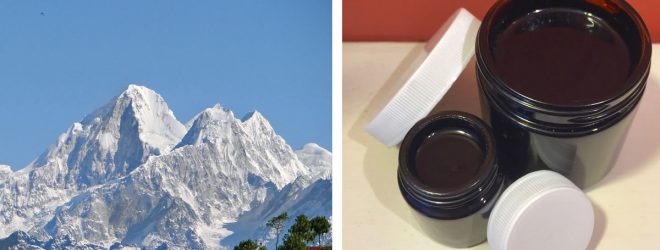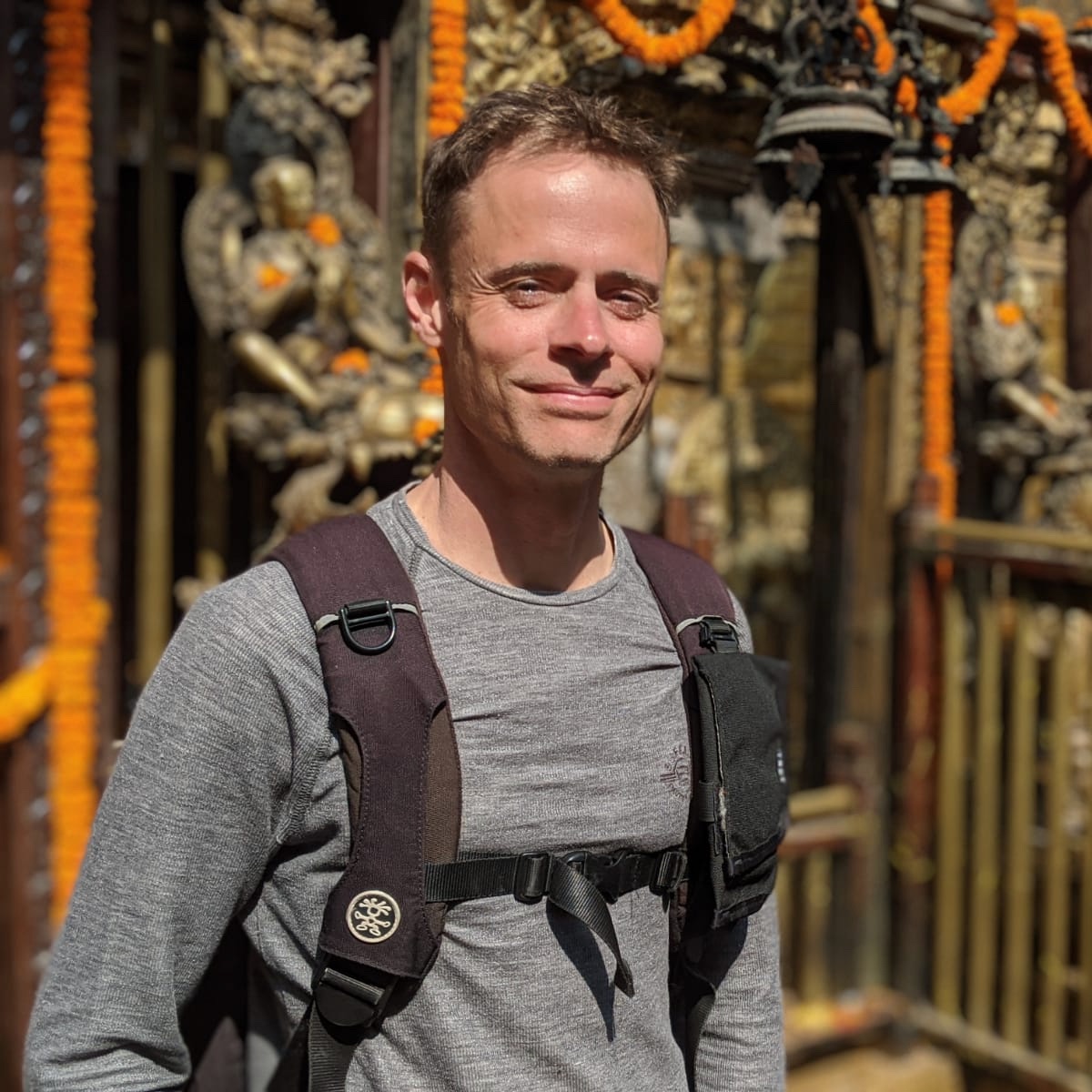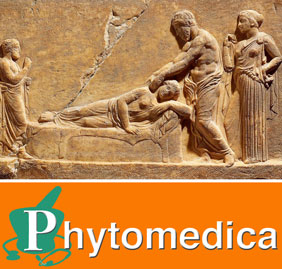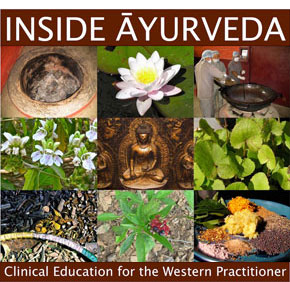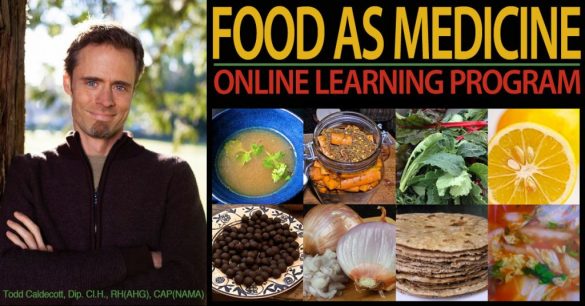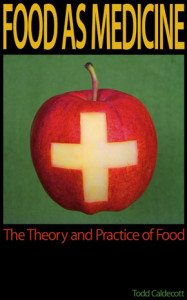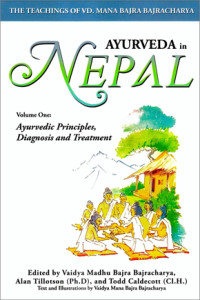One of the emerging health food trends to hit the Western world is the consumption of Shilajit, a curious resin found exuding from the steep rock faces of certain mountains in the Himalayas. It is one of the more unique remedies utilized in traditional medicine, and for practitioners of the ancient system of medicine called Ayurveda, among the most valuable as well. It is a relatively rare substance, found only when the hot summer sun beats down upon the mountains, causing the resin to liquefy and exude from cracks in the rocks. Similar exudates are also found in other mountain ranges, including the mumiyo harvested from the Altai Mountains in Siberia, but these are not necessarily the same thing as Shilajit. What is Shilajit? As the older scientific names of 'bitumen' and 'ashphaltum' suggest, Shilajit was once thought to be some sort of fossilized organic material. It was believed to be derived from decaying organic materials that built up along the coastline of a … [Read more...]
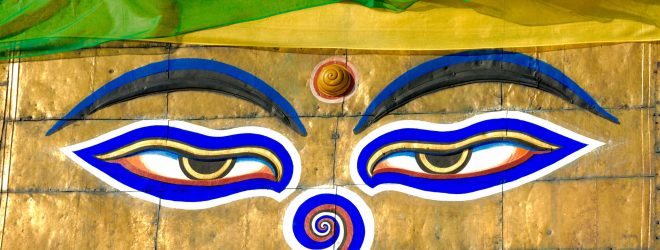
Interview with Todd Caldecott
Recently I was interviewed by Helen Tomei over at Sacred Earth Journeys, with regard to our upcoming trip to Nepal in February of next year. Here I have reproduced it for your interest: What is Ayurveda and why is knowledge of Ayurveda important for our health and well-being? Ayurveda is an ancient system of healing that developed in India more than 5000 years ago, and is the oldest continuously practiced system of medicine in the world. Unlike most systems of traditional medicine that rely on a set of folk practices, Ayurveda is a highly sophisticated medical system. It maintains a rigorous approach that includes several branches of practice that correspond to similar disciplines in Western medicine, including internal medicine, surgery, and obstetrics. Ayurveda also includes aspects which are for the most part unknown or poorly developed in modern medicine, such as rasayana chikitsa tantra, a form of preventative medicine that includes anti-aging and longevity … [Read more...]

The authentic Ayurveda
I have been studying medicine for about 25 years. Although I began practicing in 1995, in reality, my education has never stopped - and nor should it. Especially in clinical medicine, wherein we deal with the visceral realities of human suffering, where every situation is a uniquely personal experience, one must constantly be learning, and hence it is for good reason that it is called a "practice". There is so much to be discovered: considerations and contexts that aren't found in textbooks, but only informed by experience. While this might be an obvious truth that applies in almost all fields of human endeavor, in modern times, with our emphasis upon academic learning, there is often a disconnect between theory and practice. Too many times I have met new practitioners, who upon graduation of their training, are hampered by a mere academic understanding of their discipline. This is a particularly germane issue in the field of natural medicine, which is replete with institutions … [Read more...]
